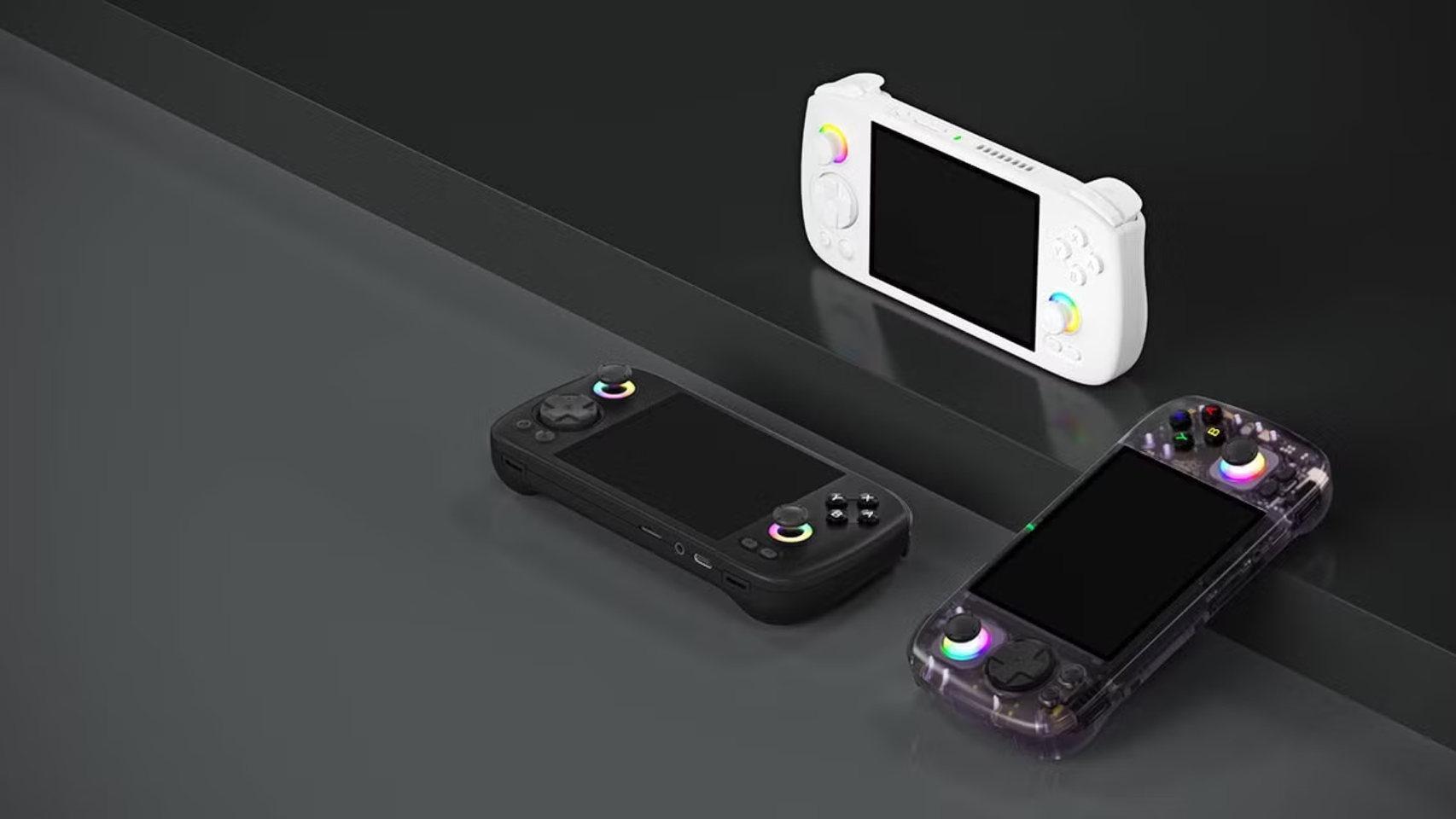Whenever we talk about a new wearable, like Fitbit’s new line of wristbands and watches, there are some fine print about health features, which aren’t usually available in the world.
[Fitbit rediseña las gráficas de su app para que sea más fácil valorar los datos de salud]
Indeed, each region and country must approve the use of these features because of the influence they can have on our health. Therefore, until express permission from the manufacturer is obtained, some advanced features may be blocked in certain countries.
New function in the Fitbit
This is what happens with many Fitbit devices, which have everything necessary to detect an irregular heartbeat, but, until now, they could not notify the user of this in Europe or in many other countries because they had not gone through the necessary bureaucracy to offer this function.
That changed this week as Fitbit received the CE mark which now allows it to offer irregular heartbeat notifications. This mark is valid in the European Union and in other countries that follow the same rules and, therefore, nothing prevents us from using the function in Europe. Apart from the European Union, other countries such as the United Kingdom and the United States also have access.
Irregular Heartbeat Detection uses the PPG (photoplethysmography) sensor to measure the heartbeat and detect possible signs of atrial fibrillation, an irregular heartbeat that can lead to serious problems such as stroke or heart failure. However, if caught early, these problems can be treated with medication and therapy, or surgery in extreme cases to restore a normal rhythm.
The wearable and the Fitbit app will inform us of heart problems
Therefore, if our Fitbit wearable device warns us that we have an irregular heartbeat, we must always make an appointment with our doctor to diagnose ourselves and do the necessary tests.
Heart rate alert is available by default on Fitbit Versa 4, Fitbit Sense 2 and Fitbit Inspire 3, and is also compatible with Fitbit Sense, Versa 3, Versa 2, Versa Lite, Charge 5, Charge 4, Charge 3, Luxe and Inspire 2 with an update.










